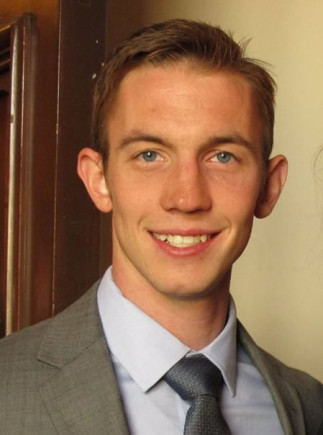Titre :GT-Predict: Rationalizing a complete family of glycosyltransferase biocatalysts using cheminformatics -and- Photoredox chemistry for catalytic, site-selective protein modification
Endroit : Pavillon Roger-Gaudry, salle G-815 à 11 h 30.
Cette conférence sera prononcée par Charlie Fehl, Ph.D. de l'Université d'Oxford.
Résumé :I utilize chemical insight and techniques to approach biochemical problems at atomic resolution. A current challenge in the age of genomic datasets is chemically-detailed functional prediction, especially in large protein families where sequence alignment cannot offer the precision to predict which small molecules will act as substrates for a particular enzyme family member. To develop such a predictive system, we combine functional profiling of a full set of glycosyltransferase family 1 (GT1) enzymes from a single species with data mining approaches. Our resultant informatics strategy, “GT-Predict,” was able to predict enzyme activity for small molecule substrates with high accuracy and quality. Coupling this cheminformatic dataset with local sequence alignment further enabled functional prediction (i.e. of substrate scope) for new GT enzymes from amino acid sequence alone. Finally, key residues for substrate recognition and activity were highlighted and confirmed using mutagenesis. We seek to apply this strategy to streamline the use and design of biocatalysts, as well as enabling chemically-detailed functional annotation of genomic datasets.
A very different challenge in protein biochemistry lies in the synthesis of post-translationally modified species. Building on radical addition chemistry to forge C-C bonds, I have developed a protein-compatible photoredox activation manifold for the installation of a variety of custom amino acid sidechains. We utilize the site selectivity of the readily-installed dehydroalanine modification as a radical acceptor. By taking advantage of the full range of redox capabilities of water-soluble Ruthenium and Iridium photocatalysts, I developed conditions to generate radicals via reduction of alkyl halide as well as oxidation of alkyl boronic acid species. This enables the efficient functionalization of proteins with a variety of natural and unnatural amino acids as well as several post-translational modifications for chemically-defined biological studies.

